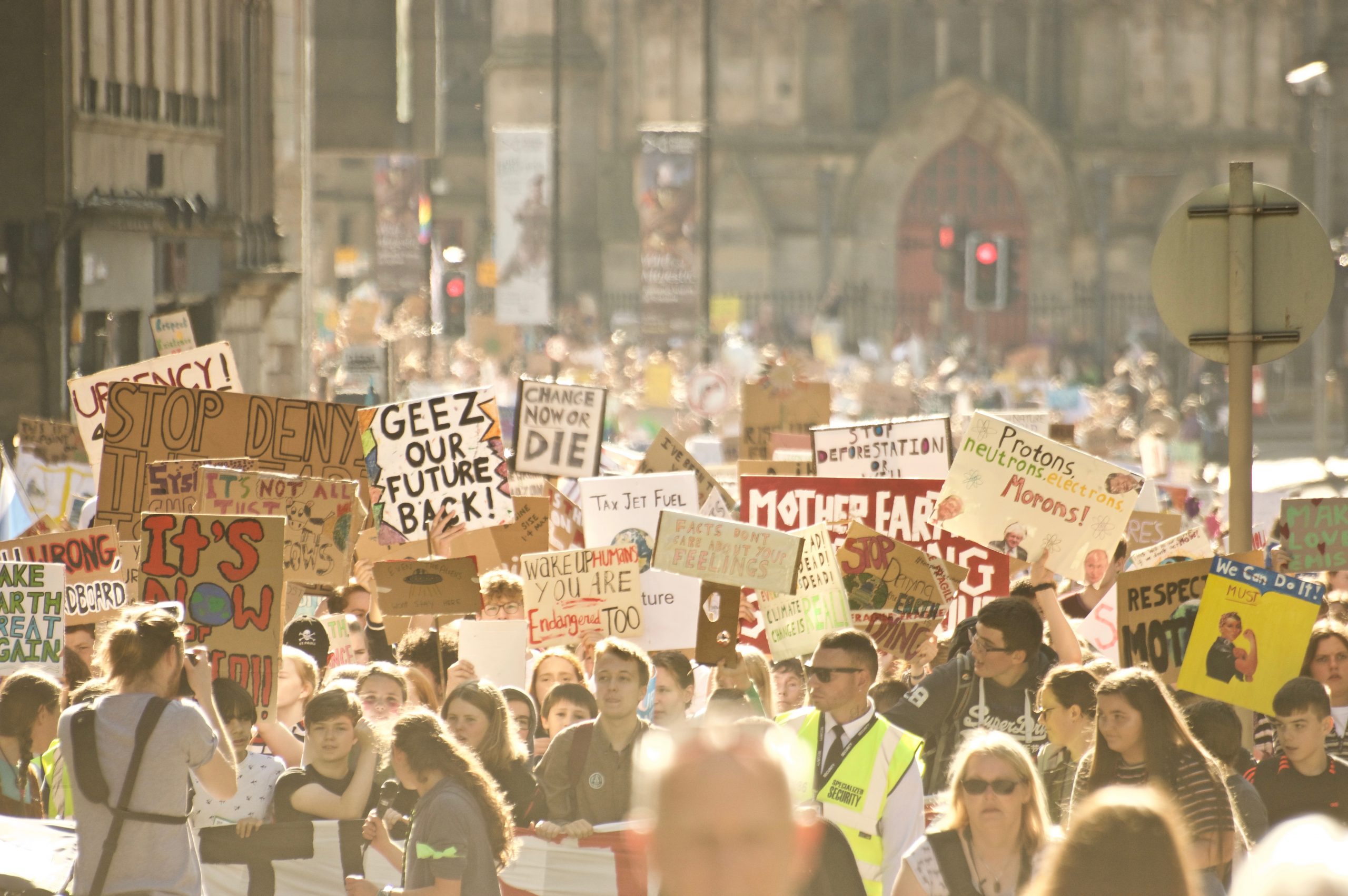
Fracking restart sends out the wrong signals
Commenting on Ed Davey’s announcement that hydraulic fracturing can resume, Friends of the Earth Scotland campaigner Mary Church said:
“While we welcome the announcement of a study into the climate change impact of shale gas, this is a classic case of putting the cart before the horse. A green light for fracking sends out all the wrong signals. It’s an unproven technique here in the UK, with an increasingly poor environmental track record around the world.
“What’s more, we don’t need to go down the risky shale gas and coalbed methane route. Scotland has abundant renewable energy resources, but that industry – and our world leading climate targets – will be seriously compromised by the expansion of unconventional gas and fracking.
“The Scottish Government must not be led by Westminster on this. Communities across Scotland who face the prospect of their area being licensed by DECC for shale and coalbed methane exploration and development, have the right to demand a full and thorough review of the health and environmental impacts of this industry before it is allowed to roll out any further.”
ENDS
For media enquiries, please contact: Per Fischer, Press Office, Friends of the Earth Scotland t: 0131 243 2719 e: pfischer@foe-scotland.org.uk
Notes to Editors
1. Ed Davey’s announcement:
www.decc.gov.uk/en/content/cms/news/pn12_164/pn12_164.aspx
The government’s review of the safety of hydralic fracturing only looked at the seismic risks and did not cover broader environmental climate and health impacts associated with the technique, nor did it examine the public acceptability of going down this route.
2. Hydraulic Fracturing, or ‘fracking’ involves pumping a mixture of water, chemicals and proppants under high pressure into vertical and horizontal well bores to force open shale rock or coal seams and ease the flow of gas. It is an energy intensive process that is only economically viable when the price of fossil fuels is high. In coalbed methane developments fracking, and other stimulation techniques, are often used a couple of years into commercial extraction as gas flow, triggered initially by de-watering the seam, starts to decline. Under the current regulatory framework this means that fracking could commence without the knowledge of local authorities and communities
http://www.robedwards.com/2012/12/fear-that-fracking-could-start-on-the-sly.html
3. The Department for Energy and Climate Change is responsible for licensing onshore oil and gas in Scotland, but planning and environmental regulation issues are dealt with by the Scottish planning authorities and SEPA. Under DECC’s plans for the 14th round of onshore licensing more than 20,000 square km – including the whole central belt and FIfe – could be licensed for unconventional gas exploration and development.
See www.heraldscotland.com/news/home-news/the-dark-side-of-the-gas-rush.196263504
4. Unconventional gas extraction can lead to: contamination of the water environment with chemicals used in drilling fluid, fracking fluid and naturally occurring carcinogenic BTEX chemicals mobilised by drilling; emissions of methane gas and air pollution; disposal of vast quantities of contaminated waste water and toxic drilling mud; fracking is also known to trigger small earthquakes which can exacerbate the risk of wells leaking both into atmosphere and water environment. The sheer number of wells required for each coalbed methane or shale gas development – up to a hundred are planned at one site in Scotland – means that the cumulative impact of a development is significant, – and the risk of something going wrong, such as a well blowout, significantly multiplied.
5. Independent research commissioned by Friends of the Earth Scotland demonstrates that Scotland could phase out all fossil fuel and nuclear power by 2030, maintain a secure electricity supply and generate significant revenue from renewable exports:
www.foe-scotland.org.uk/power-secured
6. Friends of the Earth Scotland is * Scotland’s leading environmental campaigning organisation * An independent Scottish charity with a network of thousands of supporters and active local groups across Scotland * Part of the largest grassroots environmental network in the world, uniting over 2 million supporters, 77 national member groups, and some 5,000 local activist groups – covering every continent.
